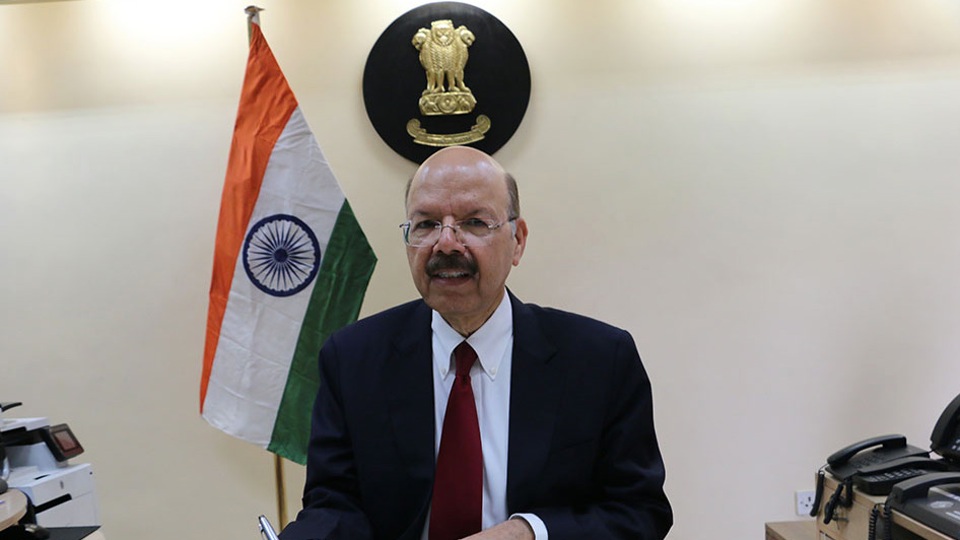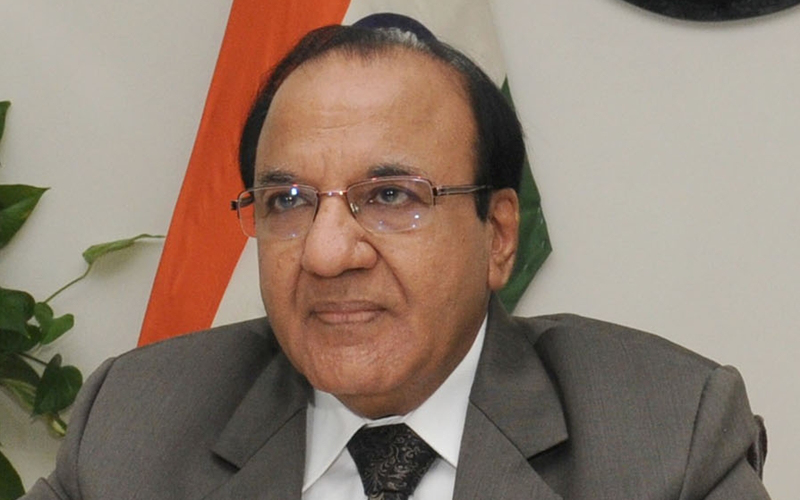Election Commission of India is the chief autonomous body who is responsible for conducting fair elections across India. These processes are governed under the authority of Chief Election Commissioner. So, in this article we’ll discuss about Chief Election Commissioners, number of commissioners appointed under him and their functions.
Election Commission of India: Chief Election Commissioner
The Chief Election Commissioner of India is the head of the ECI, an autonomous organisation whose main function is to conduct free and fair elections across the nation. The Chief Election Commissioner of India appointed are actually a member from either the Indian Civil Service (ICS) or from the Indian Administrative Service (IAS).
The Chief Election Commissioner of India is elected by the President of India. Challenging or removing the authority of Chief Election Commissioner is a very difficult task. Once elected, 2/3rd of the total votes must be casted against him by the Lok Sabha and the Rajya Sabha for his improper conducts and actions.
The system always had powers to impose unambiguous rules and guidelines that applied across the entire nation. The Office of the Chief Election Commissioner had successfully implemented this across the entire diverse Indian population that also consisted of the rural illiterate people.
The term of CEC Office is 6 years or upto attainment of 65 years of age, whichever is earlier. Current Chief Election Commissioner of India is Dr. Nasim Zaidi.

Dr. Nasim Zaidi was appointed as 20th Chief Election Commissioner of India by the President of India, Mr. Pranab Mukherjee on 9 April 2015. He took charge of his office from that day itself by H.S. Brahma. He will retire on July 2017 as a result of attainment of 65 years of age.
After taking charge he said “EC’s strategic plan for 10-15 years shall be based on principles of independence, transparency, professionalism, inclusiveness and measurable outputs”.
Dr. Nasim Zaidi was also the Election Commissioner in the past and assumed charge on 7th August 2012. He was the senior-most Election Commissioner after Harishankar Brahma (he was CEC at that time). Zaidi has national & international level experience while working in Regulatory Framework.
Also Read: How is the Chief Election Commissioner of India appointed?
Election Commissioners under Chief Election Commissioner:
Election Commissioner alike CEC of India is a member of Election Commission of India. He is also a member from either the Indian Civil Service (ICS) or from the Indian Administrative Service (IAS).
The Election Commission of India used to have only a single commissioner till 1989. Later 2 more Election Commissioners were added as a part of ECI’s Expansion. This expansion i.e. addition of 2 Election Commissioner along with the Chief Commissioner was assumed to be the plan of ECI to limit the commissioner’s power to take any actions aggressively. The Election Commission thus consists of 3 commissioners: one Chief Commissioner and two Commissioners under him. The decisions made by the commission are implemented only if the majority, vote in favour of it.
The current Election commissioners are: Achal Kumar Jyoti and H.S. Brahma who retired and handed over his seat to Dr. Nasim Zaidi on 19th April 2015.

The office term length of Election Commissioner is also 6 years or upto attainment of 65 years of age, whichever is earlier.
(Source: Wikipedia)
Removal of Commissioners from Office:
The Chief Election Commissioner can only be removed from his post through the process of impeachment by Parliament which is exactly same for removing a judge of the Supreme Court of India. Though there is a different process for removing the Election Commissioners. A recommendation must be made by the Chief Election Commissioner to the President to remove the Election Commissioner.
Comment Policy [Please read this before posting your comments]: Only use your real name. Your words are your own, so be nice and helpful if you can. Please, do not share any personal information in your comments. For further details, please read our Comments Policy available over here.